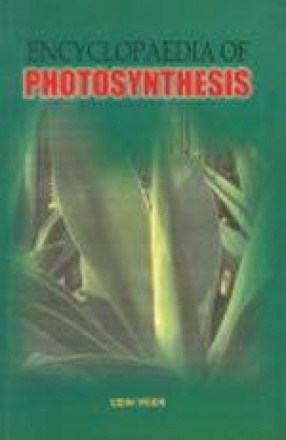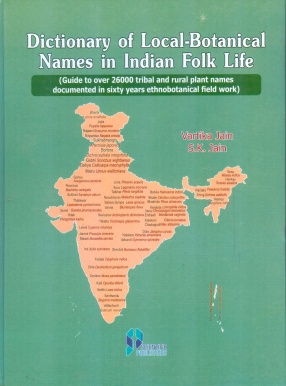Photosynthesis is the process, by which plants make their food in their green leaves with the help of carbon dioxide, minerals, and water; in the presence of light. In this process oxygen is given out, which is very useful in the respiration. This is the process, in which light energy is captured in green leaves for the chemical process, which makes it most important and fascinating of biological processes. By the absorption of blue light, chlorophyll emits only the useful red fluorescence. The molecule goes from its second to first excited singlet state by a radiationless process of high probability. The carbohydrates make in the process of photosynthesis is synthesised by animals and plants both. They synthesis fats and proteins from the carbohydrate; thus glucose is a basic energy source for all living organisms. Photosynthesis fills all of the food requirements directly or indirectly. Photosynthesis by plants removes carbon dioxide from the atmosphere and replaces it with oxygen. This eminent work has very realistic and systematic features, which are able to make a distinct impression on the study of photosynthesis.
Encyclopaedia of Photosynthesis (In 2 Volumes)
In stock
Free & Quick Delivery Worldwide
reviews
Bibliographic information
Title
Encyclopaedia of Photosynthesis (In 2 Volumes)
Author
Edition
1st ed.
Publisher
ISBN
8126134748
Length
xx+578p., Figures.
Subjects








There are no reviews yet.